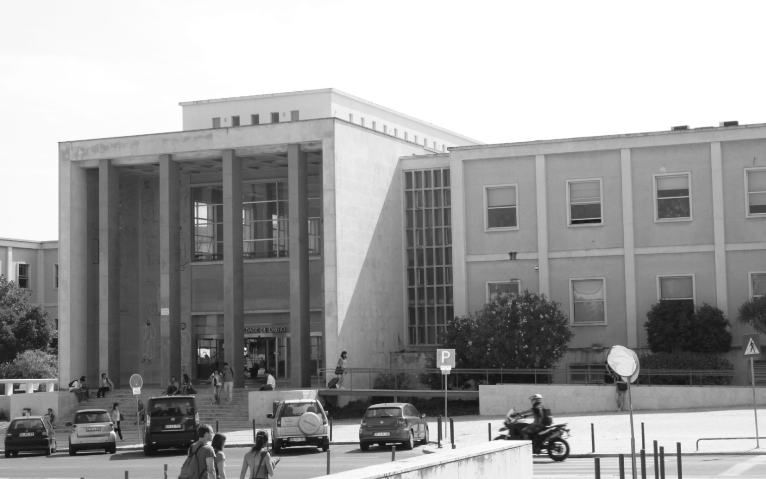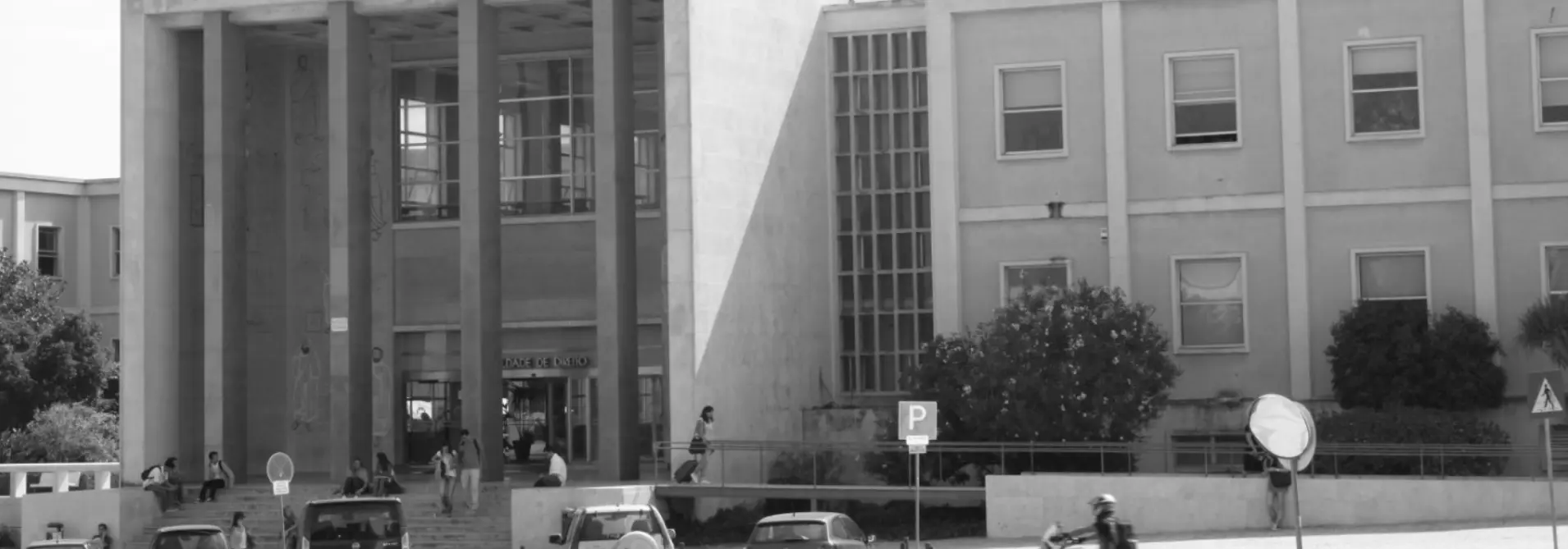ABOUT
TEAM
RESEARCH
LPL EDITIONS
RESEARCH ACADEMY
HAPPENING
Summary
The basic concept of circular economy is easily defined as a socioeconomic model in which extracted natural resources maintain their value efficiently. It is opposed to the linear economy, which has been the core of the development model since the industrial period: the “take, make, waste” approach.
As the current environmental crisis is the result of the overexploitation of natural resources, the potential of the idea of a circular economy capable of reconciling environmental protection and economic development has been the subject of attention from environmentalists, economists and public entities.
The transition to a circular economy is the objective of high-level public policies and is inherent to several SDGs and the European Green Deal, as the sustainability of production and consumption is a necessary condition for mitigating climate change and reversing a trajectory of resource exhaustion. The effectiveness of any transition instrument from a linear model (cradle-to-cradle life cycle) to a circular model (cradle-to-cradle) depends on the combined weighting of diverse factors that are studied by different areas of knowledge. These areas include legal sciences, social psychology and applied natural sciences. However, legal research on the topic has been scarce.
This project was built with the aim of exploring the use of legal instruments in the transition to a circular economy through a multidisciplinary approach, including not only academics, but also relevant stakeholders from the public and private sectors.
The analysis is based on a comprehensive review of the legal literature and an exhaustive survey of current legislation (at national and European Union level) relevant to this topic.
Taking a comprehensive legal perspective, four areas were identified as fundamental to the project: environmental law and sustainable consumption law, administrative law, fundamental rights and consumer law. The effectiveness of the proposed legal solutions is a crucial concern in this project, which is why the multidisciplinary approach is structural, based on knowledge from natural and applied sciences, and with the mediation of social psychology.
As the current environmental crisis is the result of the overexploitation of natural resources, the potential of the idea of a circular economy capable of reconciling environmental protection and economic development has been the subject of attention from environmentalists, economists and public entities.
The transition to a circular economy is the objective of high-level public policies and is inherent to several SDGs and the European Green Deal, as the sustainability of production and consumption is a necessary condition for mitigating climate change and reversing a trajectory of resource exhaustion. The effectiveness of any transition instrument from a linear model (cradle-to-cradle life cycle) to a circular model (cradle-to-cradle) depends on the combined weighting of diverse factors that are studied by different areas of knowledge. These areas include legal sciences, social psychology and applied natural sciences. However, legal research on the topic has been scarce.
This project was built with the aim of exploring the use of legal instruments in the transition to a circular economy through a multidisciplinary approach, including not only academics, but also relevant stakeholders from the public and private sectors.
The analysis is based on a comprehensive review of the legal literature and an exhaustive survey of current legislation (at national and European Union level) relevant to this topic.
Taking a comprehensive legal perspective, four areas were identified as fundamental to the project: environmental law and sustainable consumption law, administrative law, fundamental rights and consumer law. The effectiveness of the proposed legal solutions is a crucial concern in this project, which is why the multidisciplinary approach is structural, based on knowledge from natural and applied sciences, and with the mediation of social psychology.
Objectives
i) Creation of a database that aggregates existing legal literature, public policy documents and relevant normative acts.
(ii) Construction of an interdisciplinary working method for research into the circular economy.
(iii) Identify problems and propose an appropriate regulatory framework for the transition to a circular economy.
(ii) Construction of an interdisciplinary working method for research into the circular economy.
(iii) Identify problems and propose an appropriate regulatory framework for the transition to a circular economy.
Relevance
The topic of the circular economy cuts across a very significant and diverse number of areas of law.
All were developed in a linear economic model; From this circumstance, the study of the legal system in the light of a new paradigm is likely to reframe many of these areas, in a unified way, in light of the objectives of sustainable development, highlighting conflicts, inconsistencies and structural insufficiencies. Making these areas of law permeable to circularity will imply their complete restructuring in light of socioeconomic and environmental objectives, with emphasis on the regulation of production processes, secondary markets and servitisation, and the law of waste, consumption and consumers.
It is, therefore, a scientifically innovative and unique project (given that there is practically no study on the subject), which, despite having an applied final output, will be guided, preliminarily, by legal issues transversal to current public law.
All were developed in a linear economic model; From this circumstance, the study of the legal system in the light of a new paradigm is likely to reframe many of these areas, in a unified way, in light of the objectives of sustainable development, highlighting conflicts, inconsistencies and structural insufficiencies. Making these areas of law permeable to circularity will imply their complete restructuring in light of socioeconomic and environmental objectives, with emphasis on the regulation of production processes, secondary markets and servitisation, and the law of waste, consumption and consumers.
It is, therefore, a scientifically innovative and unique project (given that there is practically no study on the subject), which, despite having an applied final output, will be guided, preliminarily, by legal issues transversal to current public law.
.
No data was found
.
No data was found


